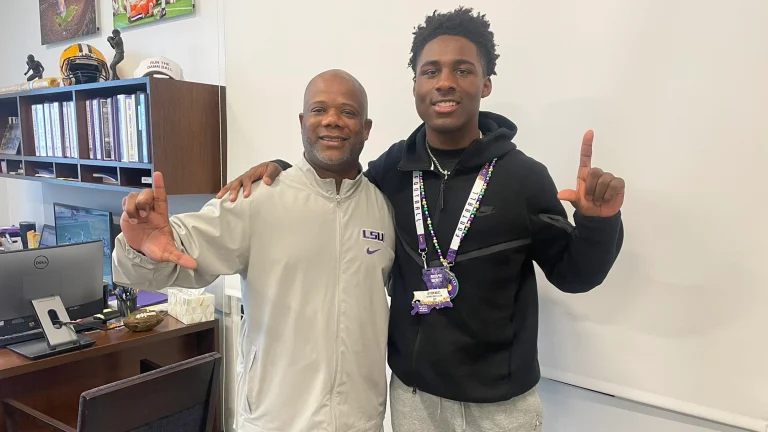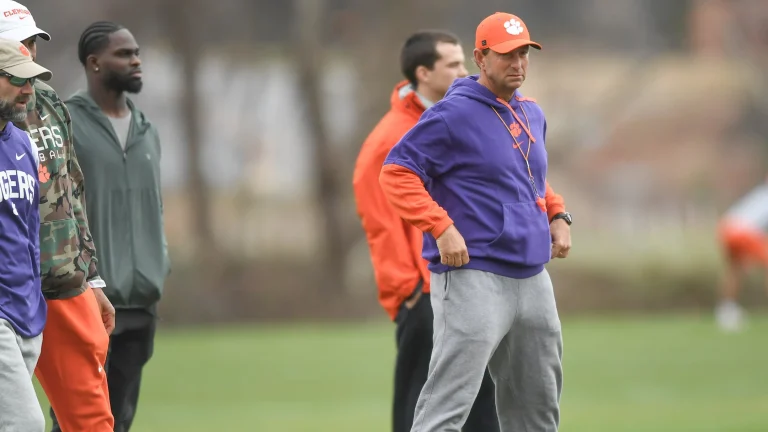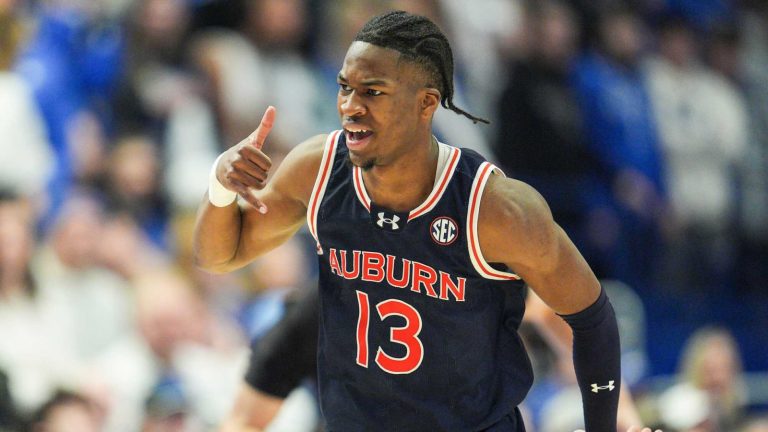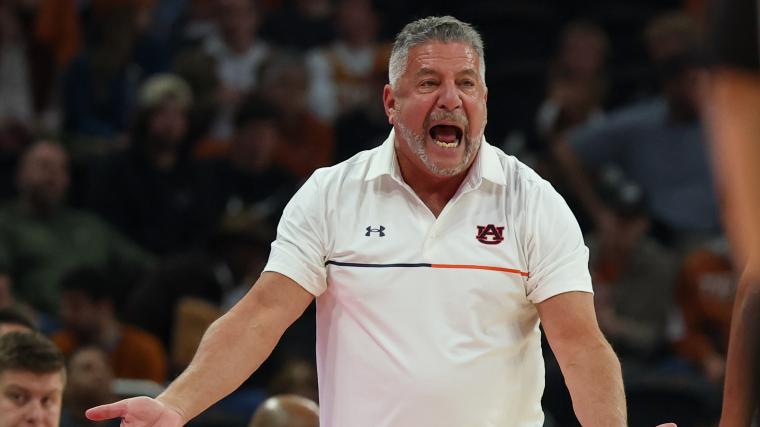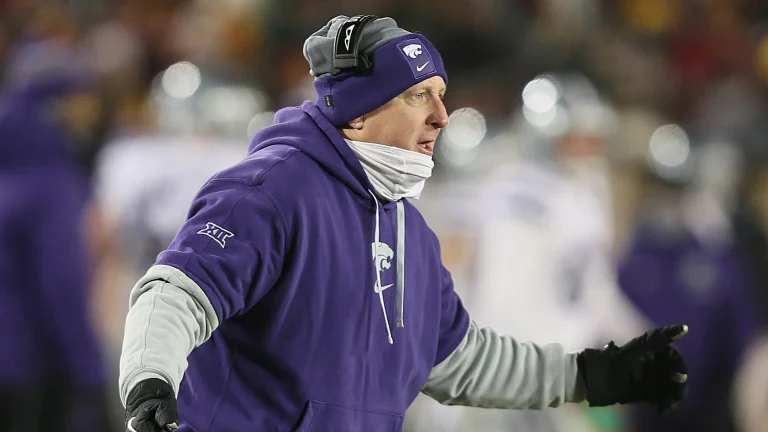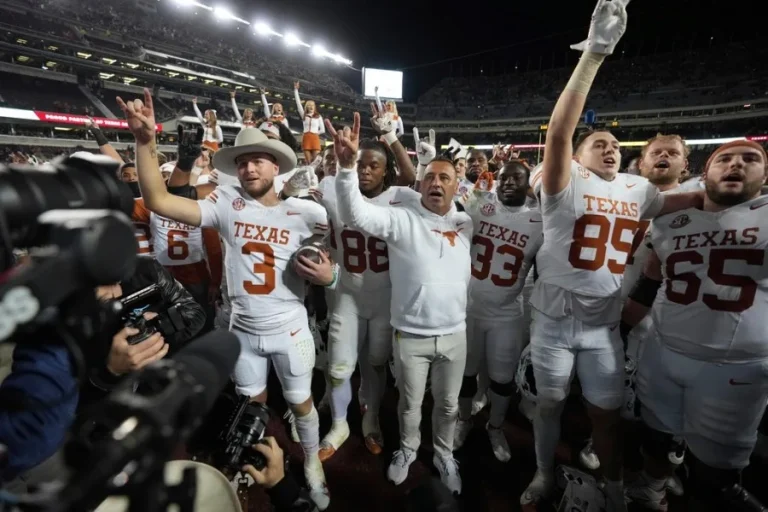Former Auburn Tigers Football Player Pitches NIL Idea To Benefit Past Athletes
A former Auburn Tigers football player would like to see past athletes benefit from NIL money.
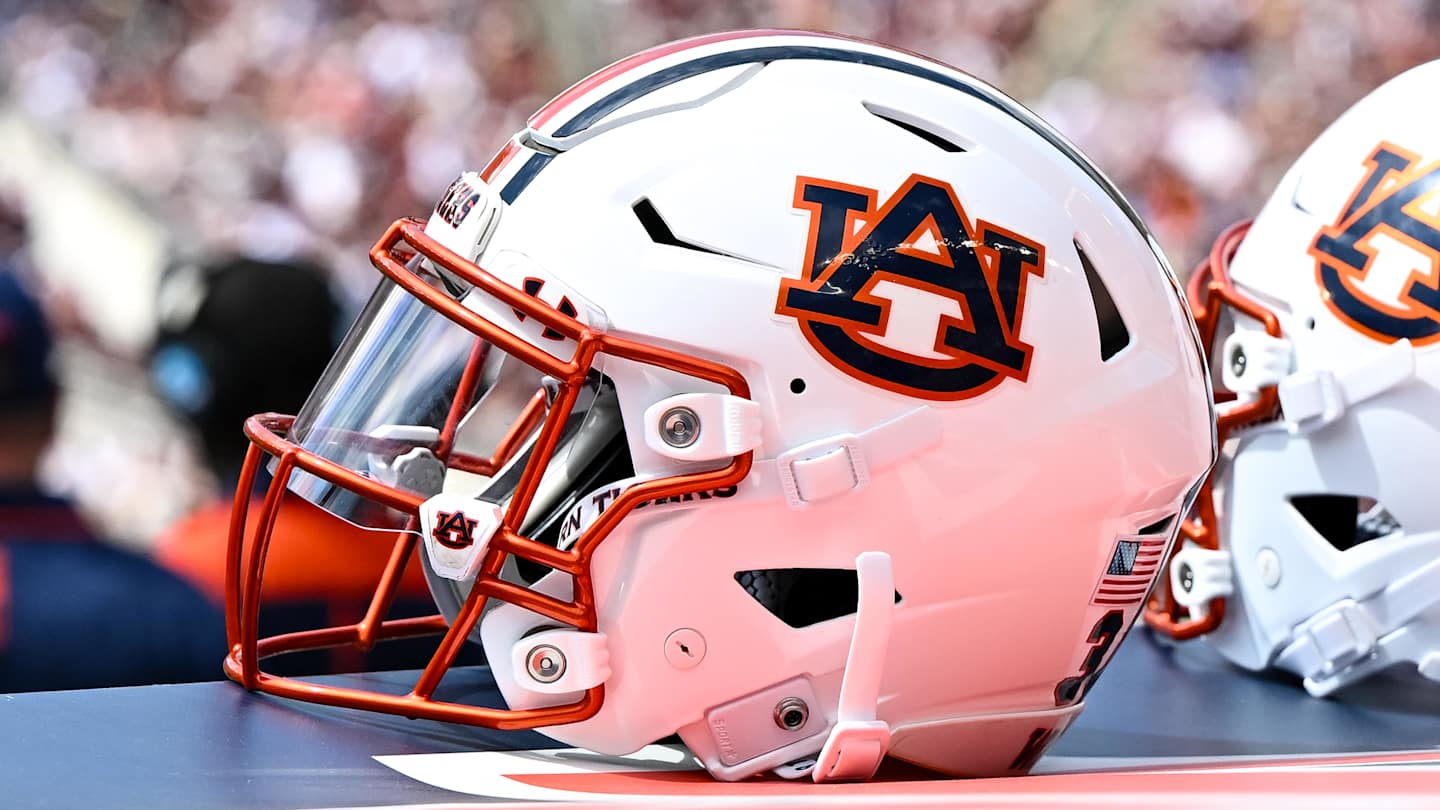
Name, image and likeness deals have changed collegiate sports forever, with college football being arguably the most impacted.
A money-making machine, players are now able to take advantage of the personal brands they are growing, capitalizing on opportunities off the field when they succeed on it.
Some truly eye-popping amounts of money have reportedly been given to players who enter the transfer portal.
Most recently, the Miami Hurricanes paid former Georiga Bulldogs quarterback Carson Beck $4 million to secure a commitment, which was reportedly the same amount of money the Duke Blue Devils gave to Tulane Green Wave quarterback Darian Mensah.
NIL collectives and revenue pools have changed the landscape, and some programs are leaning into them more than others.
If programs want to compete at the highest level, they need to be willing to pay for it.
The path for this was paved by previous generations of players who weren’t compensated for their efforts on the field, and one former Auburn Tigers player believes that is something that should change.
Carver Reeves, who is from a family that has attended and played football at Auburn for generations, attended a reunion about two years ago where he saw plenty of former teammates and classmates.
A member of the Tigers under head coach Pay Dye in the 1980s, some of them are aging more gracefully than others. This has led to him sharing some interesting ideas about how NIL money should be spread around.
Former players hold no ill will toward the players of today, as they are happy college student-athletes are being compensated for their work. But, some money would certainly be appreciated.
That is why Reeves has pitched the idea that Auburn should put aside some of their NIL funding to compensate former players in some fashion.
He shared this idea with the school and Joe Goodman of AL.com.
“I’m not saying that our time playing at AU contributed, but it seems to make sense to me that we are raising a lot of money to pay teens who have never even played or sacrificed for the school and yet we have guys who did just that and could use some financial help to improve their quality of life. Why don’t we take five to six percent of our total NIL and set it aside for former athletes from all sports who may need help financially? Rehab or walker. Physical therapy could make a difference in these former athletes’ lives.”
That is certainly an interesting idea and an honest take.
Many former players likely feel the same way that Reeves does.
However, at the end of the day, college football is a business for many of these schools, and things will be changing again during the 2025-26 academic year when direct payments to athletes will begin.
Will they be willing to budget a part of their NIL collectives for former players when other schools may not be doing the same?
It is harsh, but no is likely the answer.
Missing out on a touted high school recruit or established talent in the transfer portal would cost people their jobs.
Former athletes certainly deserve compensation, and Reeves’ idea is on the right track.
Putting together a collective for former players is a great idea, and as he stated, a working solution that won’t impact things for current players could be created.
